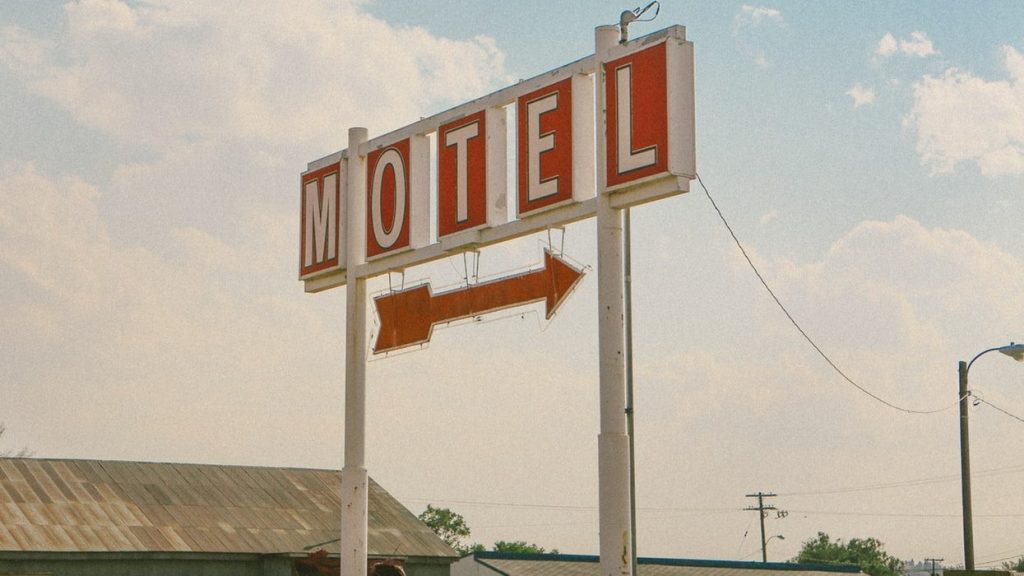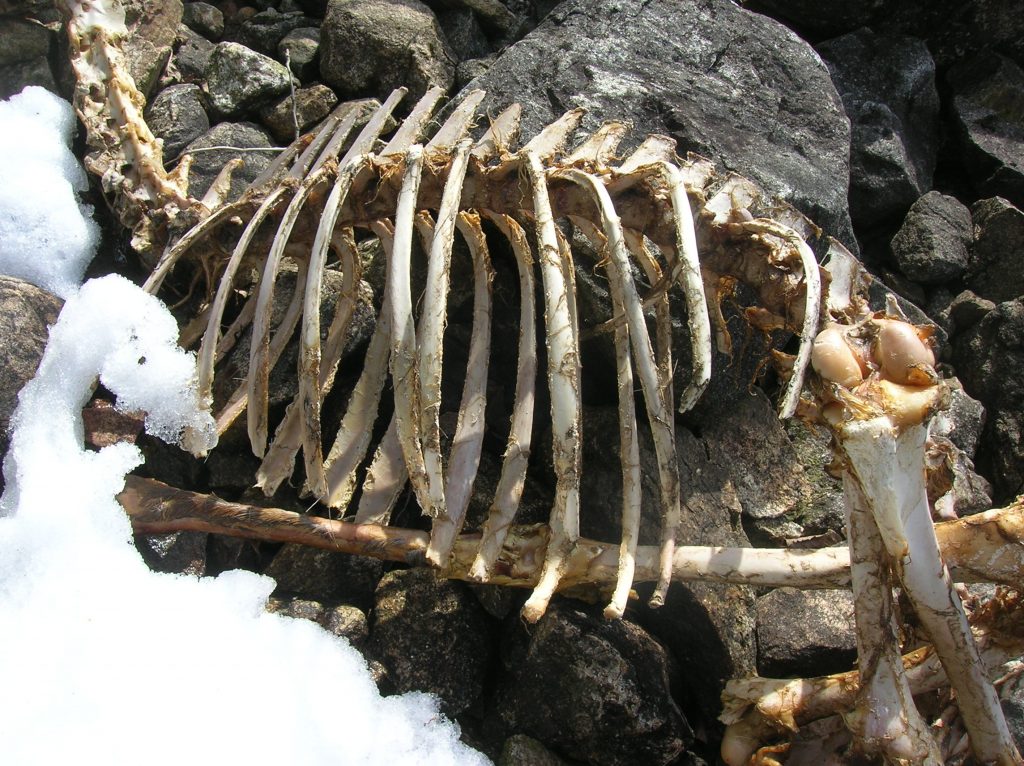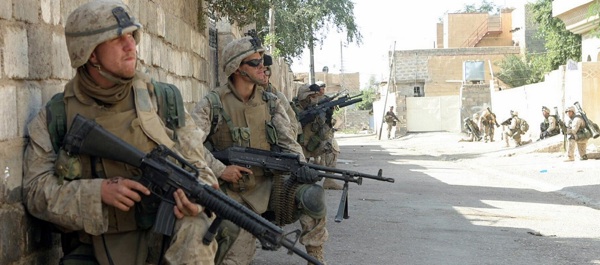Why I Chose It: Michigan Quarterly Review Reader Michael M. Weinstein introduces Sophie Klahr’s “Motel, Arizona” from our Winter 2020 Issue.
It doesn’t matter which town, which highway, which hotel. Like the road trip itself—America’s trustiest long-haul literary trope—Sophie Klahr’s sonnets focus less on particular places than on the mental and emotional space of travel, with its strange blend of motion and stasis, banality and beatitude. We don’t know where Klahr’s speaker is coming from, or where s/he is going; it’s not clear that s/he knows, either. The most vivid elements of this half-sketched desert world are all textural. There’s the “stiff plastic curtain,” the grocery store vegetables so close to (and yet so far from) nature that they “shine and weep in [one’s] hands,” and a “glittering” “asphalt galaxy” whose vastness reminds one of what it would take to actually get somewhere.
These details, both everyday and accidental, jolt the speaker into renewed awareness; and yet, such attention is not quite the same as intimacy, either with the place or with other people. The speaker “say[s] something nice to the young cashier, // return[s] to the room.” S/he “turn[s] to a letter” (seemingly an old one, and apparently unanswered) and offers a gloss on their friend’s “broken / English.” In each case, what floods through these line breaks is a silence that stands in for distance; a loneliness that recedes into a horizon of indifference—if only one drives far enough.
The achievement of Klahr’s “Motel, Arizona” is that it makes this indifference particular, without claiming to transform it into some richer, deeper, more enlightening emotion. The poem captures the feeling of moving through a version of America that is not actually the speaker’s own: a desolate “heartland” that the speaker feels stuck in but knows s/he can leave anytime. Gone, it suggests, are the days of William Stafford’s roadside epiphanies, the grim precision of Richard Hugo’s dirges for dying industrial towns, or Elizabeth Bishop’s filling station fantasy (“Somebody loves us all”). What’s left are “the holes in the world.” And to name them, despite the cheers of the game show contestants on the motel TV, would be as painful as it is impossible. Klahr’s poem keeps the gaps open: between the mapmaker’s dream of a united America and “the asphalt galaxy” we’ve got; between the new person you thought you might be in that place, and the old one you are.
MQR now records audio editions of poets reading their work. Hit play below to hear Sophie Klahr read her poem “Motel Arizona” and scroll down for the full text.
Motel, Arizona
Beyond two nights in any motel seems
to threaten moving on—again, morning
opens back a stiff plastic curtain to
the asphalt galaxy, the glittering
of a plot that swallows velocity.
I walk from the edge of town to a store
where vegetables shine and wince in my hands.
I say something nice to the young cashier,
return to the room. Turn to a letter.
Sometimes you just have to die about it,
writes my friend. She means mourn, in her broken
English. Animals only pace in zoos.
On TV, people are playing a game,
clapping when the holes in the world are named.



